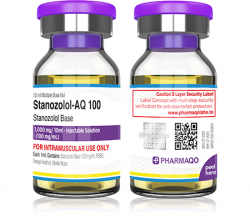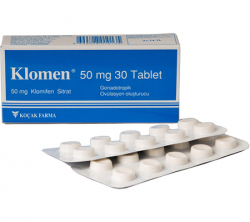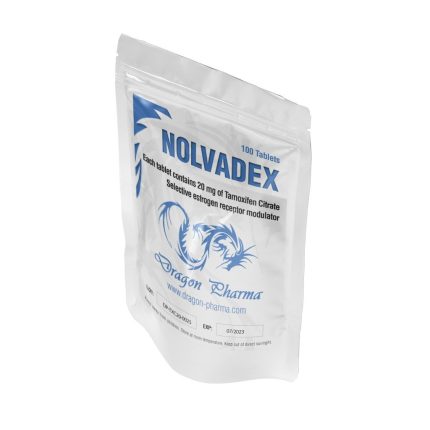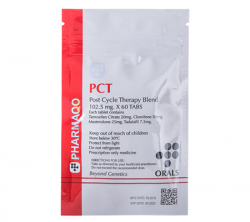clomid
1. Clomiphene Citrate
Clomiphene citrate (CC) is a medication prescribed to treat infertility in women who have polycystic ovary syndrome (PCOS). CC works by increasing the production of follicle stimulating hormone (FSH), which stimulates the release of estrogen and progesterone. Estrogens and progestogens are hormones produced by the ovaries that regulate the menstrual cycle. In PCOS, the ovaries produce excess amounts of these hormones, causing irregular cycles and sometimes amenorrhea.
2. Metformin
Metformin is a prescription drug used to treat type 2 diabetes. It lowers blood sugar levels by reducing glucose output from the liver. Glucose is a simple sugar that provides fuel for cells. Insulin is a hormone secreted by the pancreas that helps move glucose out of the bloodstream and into cells. When insulin isn’t working properly, glucose builds up in the blood stream. High blood sugar levels cause symptoms including frequent urination, increased thirst, fatigue, weight loss, blurred vision, dry skin, slow healing of cuts and bruises, and changes in mood.
3. Fertility Drugs
Fertility drugs are medications prescribed to stimulate ovulation in order to increase the chances of pregnancy. These drugs work by mimicking the effects of luteinizing hormone (LH), which triggers ovulation. Ovulation occurs when mature eggs released from the ovaries travel down the fallopian tubes and meet sperm. Sperm then enter the egg and fertilization takes place.
4. Birth Control Pills
Birth control pills prevent ovulation by blocking the pituitary gland’s LH receptors. This prevents the body from producing LH, which stops the ovaries from releasing eggs. Birth control pills may also reduce the amount of testosterone produced by the testicles. Testosterone is responsible for maintaining muscle mass, bone density, and sex drive.
5. Hormones
Hormones are chemicals that trigger certain reactions in the body. There are two types of hormones: steroid hormones and peptide hormones. Steroid hormones are fat-based molecules that act locally in the body. Peptide hormones are water-soluble molecules that circulate throughout the body. Both types of hormones play a role in regulating many bodily processes, including reproduction, growth, and behavior.
6. Thyroid Gland
The thyroid gland produces hormones that help regulate the rate at which the body burns calories. The thyroid gland also regulates the body’s temperature. If the thyroid gland does not function normally, the body cannot maintain normal metabolic rates.
7. Antidepressants
Antidepressants are medications that relieve depression. Most antidepressants affect neurotransmitters in the brain. Neurotransmitters are chemical messengers that transmit messages between nerve cells. Antidepressants alter the activity of neurotransmitters in the brains of people suffering from depression.












Reviews
There are no reviews yet.